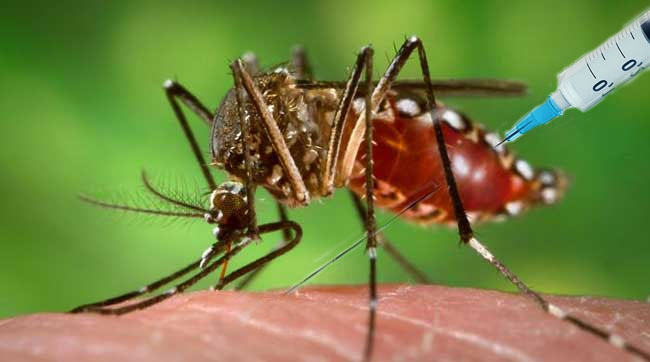The World Health Organisation (WHO) recommended on Monday the use of a second malaria vaccine to curb the life-threatening disease spread to humans by some mosquitoes.
“Almost exactly two years ago, W.H.O. recommended the broad use of the world’s first malaria vaccine called RTS,” WHO chief Tedros Adhanom Ghebreyesus told a briefing in Geneva.
Tedros added that the agency had also recommended Takeda Pharmaceuticals’ vaccine against dengue called Qdenga for children aged six to 16 living in areas where the infection is a significant public health problem.
Dengue, common in tropical and subtropical climates, is a viral infection spread by mosquitoes to people.
Takeda’s vaccine was shown in trials to be effective against all four stereotypes of the virus in people who were previously infected by dengue, Hanna Nohynek, chair of WHO’s Strategic Advisory Group of Experts on Immunisation, told journalists.
She added, however, that there remained uncertainty about its performance against stereotypes 3 and 4 in people who had not been infected previously.
The WHO’s strategic advisory group also recommended a simplified single-dose regime for primary immunisation for most COVID-19 vaccines to improve acceptance of the shots at a time when most people have had at least one prior infection.
The agency added that any monovalent or bivalent vaccine could be used, given that monovalent vaccines that target the XBB.1.5 variant—the dominant variant in many places this year—are not available in many countries. Foreign. Media





